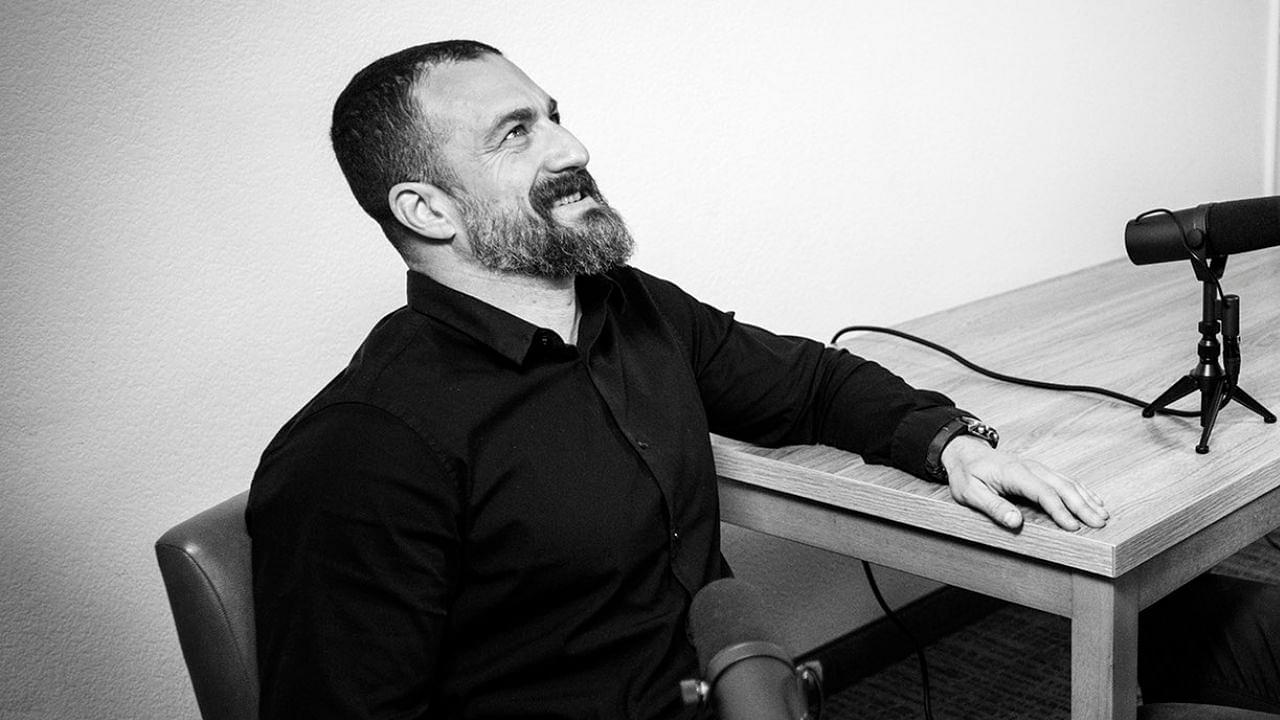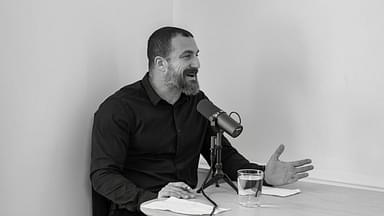For the longest time, people have associated dopamine with pleasure and the emotions surrounding it. However, according to neuroscientist Dr. Andrew Huberman, the hormone and its subsequent ‘hits’ go well beyond that.
In a recent Instagram post, he quoted UC Davis’ psychology and neuroscience professor, Dr. Charan Ranganath, for the subject. Instead of implying pleasure, it seeks out good outcomes.
“[Dopamine] is not about pleasure at all.
It’s about the discomfort that energizes you to go get things.
To seek a reward.”
Elaborating on this quote, Dr. Huberman affirmed that it constituted one of the three wheels of the catecholamines or the adrenal gland hormones. Apart from several other functions, the hormones of this gland, dopamine, norepinephrine, and epinephrine, work towards motivation and focus.
What he loved about Dr. Ranganath’s quote was the way it precisely captured the hormone’s role in one’s body. The potential of one being able to train their mind and gain enough motivation to trudge on a path to rewards seemed too good to be true. Yet, Dr. Huberman had two pointers explaining how this new perspective of the hormone could bring significant changes in one’s approach.
View this post on Instagram
He explained how the aggressive drive to do something desirable was a good sign that the catecholamines were at work. This situation occurs when the brain releases dopamine and triggers the mechanism that motivates the individual.
“Our level of motivation is proportional to the difference between the expected reward and what we actually get/got. Put differently, if we receive the same consistent levels of reward for something our motivation goes down.”
However, this system works a bit differently depending on how disproportional the rewards get. Whether the desirable outcome is surprisingly over-the-top or underwhelming, the motivation shoots up. One must control the system to keep up with the gap between the process and the result. Dr. Huberman spoke about something similar in his conversation with motivational speaker Jay Shetty.
Dr. Andrew Huberman Expounds on the Effects of Dopamine
In a podcast episode with Shetty, Dr. Huberman explained the importance of attempting to control the release of dopamine in one’s body. The desire to perform any task depended on the motivation that the hormone ultimately triggered.
To get a hold of this situation, Dr. Huberman advised people to manage their expectations towards outcomes in any given task. Dopamine was about accessing things outside one’s immediate experience. Therefore, while the subject couldn’t possibly control these external situations, they could control their dopamine release and stay grounded.





